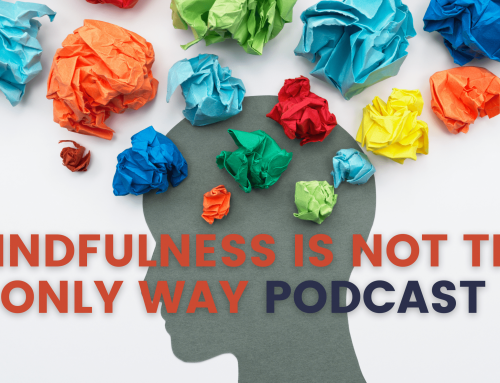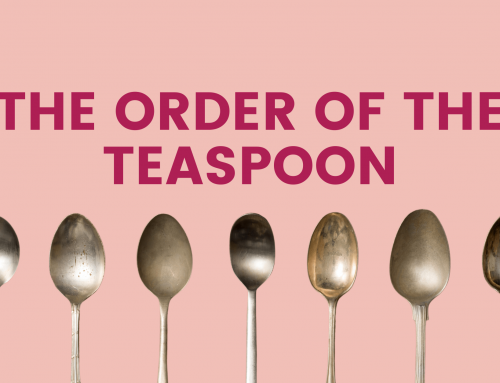I have a pretty hectic life, but most days my breakfast consists of a glass of fresh juice and some berries. Sometimes I may be so busy, that I don’t actually get a chance to have lunch at all.. which in practice means, that a part from fluids, I don’t have any food until around 6pm…sometimes later depending on my day!
Even though, I don’t lack energy or focus during the day, I’ve naturally believed, like most people, that this isn’t good practice as it goes against the standard health advice which, as we all know, promotes:
‘breakfast as the most important meal of the day’.
I was therefore very interested to see that all over the world, researchers are finding more and more benefits to calorie reduction and intermittent fasting.
In other words, occasionally skipping breakfast or another meal can actually promote a healthier you and lead to benefits such as fat reduction as well as reduce the risk of getting a chronic illness like heart disease, cancer and diabetes.
Frederic Patenaude has done a lot of research in this area and argues that throughout history, we’ve alternated between two states: ‘the fed state and the fasting state’.
During the fed state, our bodies ‘are digesting food and acquiring nutrients.’
During the fasting state, our bodies are ‘detoxing and regenerating, as well as burning excess calories and fat accumulated during the fed state.’
So nothing too controversial with this.
However, he also argues that:
‘one of the main reasons why we face many of the health problems we face today is because our bodies are constantly in the “fed” state, eating constantly, without giving our bodies a chance to utilize what it’s digesting and burn off the excess.’
In other words, if you give your body a break from food, it will have a chance to digest the food you’ve already eaten and burn excess fat for energy, rather than continuously have to snack from short-term energy boosts.
If you’re intrigued to experiment with IF, remember that we’re all different, so no one approach works for everyone. In other words, just because I don’t need a big breakfast in the mornings, doesn’t mean that this will work for you. However the research is quite convincing, so here are some useful practical tips from Frederic to help you move forward:
’1) No Breakfast Plan —Skipping breakfast only means that you eat a “late” breakfast, because the word “breakfast” actually means breaking the “fast” of the night and therefore means your first meal of the day. Depending on when you wake up, you could spend a few hours fasting before you have that first meal.
You don’t need to skip breakfast every day to experience the benefits. Try it occasionally, when you feel the need for it at first.
2) The 8-Hour Diet — A new book now recommends this approach. It’s pretty simple: you only eat during an 8-hour period during the day. For example, you could have your first meal at 11 a.m. and finish eating by 7 p.m. That way, you would be fasting for 16 hours a day.
3) The No-Dinner Plan — Some people skip dinner or eat a very early dinner (around 4 p.m.) instead of skipping breakfast, and rave about the results they are getting with this approach.
4) The weekly 24-hour fast. Instead, you could simply fast each week for 20 to 24 hours in a row.
5) The 5/2 Diet. This approach developed by a doctor who produced an interesting documentary called “Eat, Fast, and Live Longer.” Every week, you have two “fast” days where you consume about 400 calories only during the entire day. On the other days, you can eat as much as you want. Many people who have tried this approach lost weight and had other great health results.’
Further information
The Magic of Intermittent Fasting









